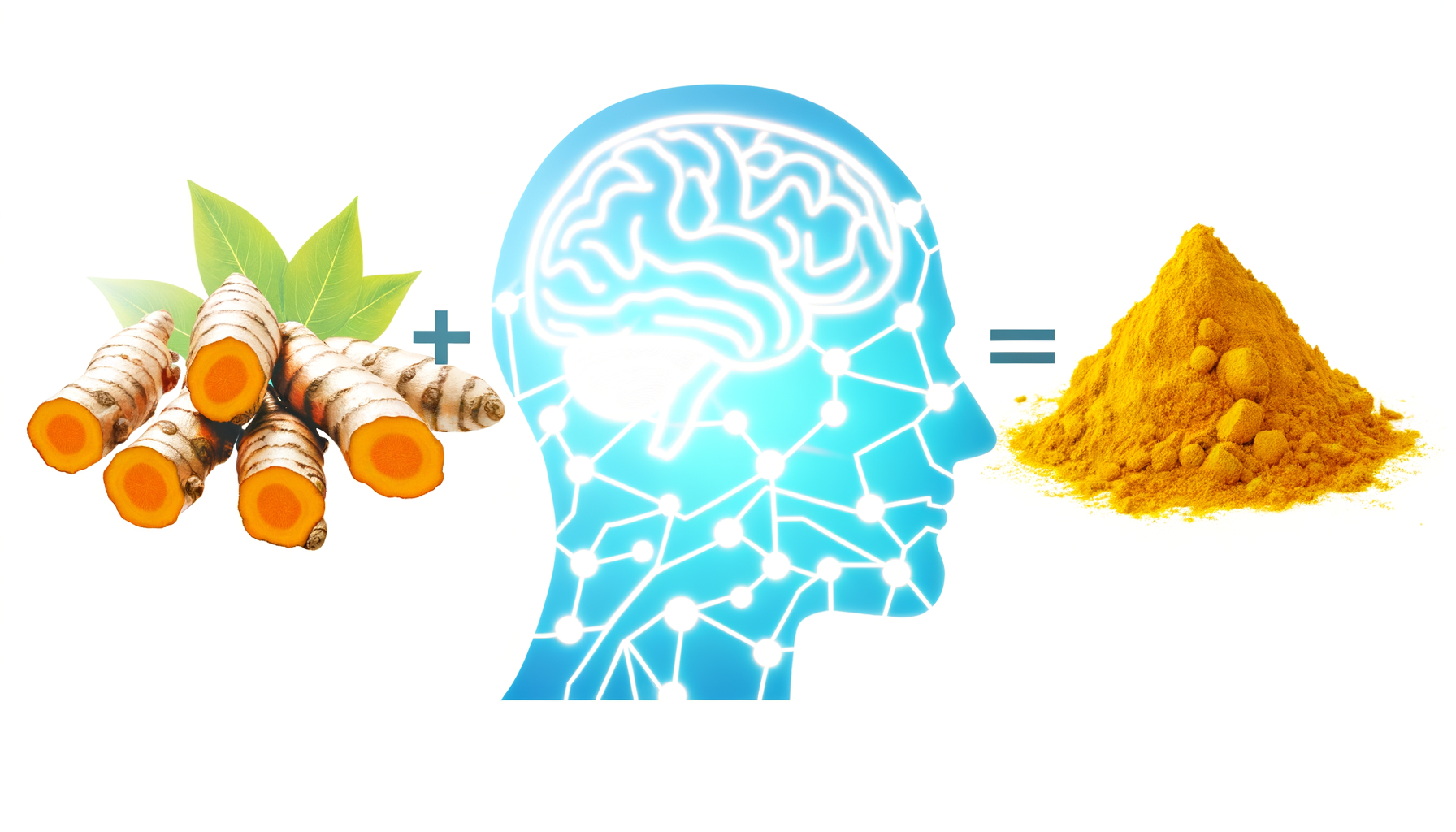Unveiling the Power of Curcumin: Exploring Its Potential as a Functional Food
Article Selection and Core Summary
In a groundbreaking article, researchers explored the potential of curcumin, the bioactive compound found in turmeric, as a functional food or dietary supplement. The study employed a rigorous experimental approach, focusing on curcumin's antioxidant and anti-inflammatory properties, which are linked to a plethora of health benefits. Core claims highlighted curcumin's capacity to improve cognitive function and combat chronic inflammation-related diseases. The methodology involved both in vitro (test tube) and in vivo (animal) studies to evaluate curcumin's biological effects, with promising results suggesting enhanced cognitive performance and reduced markers of inflammation.
Background Knowledge and Context
Curcumin is a natural polyphenol responsible for turmeric's bright yellow color. Polyphenols are antioxidants, compounds that protect the body from oxidative stress and damage caused by free radicals—much like how rust affects metal. Curcumin's anti-inflammatory properties make it comparable to certain drugs used to reduce inflammation but with potentially fewer side effects.
Understanding these properties provides insight into why curcumin is buzzing in the world of health and wellness, particularly concerning diseases like Alzheimer's, arthritis, and even heart disease, where inflammation is a known contributing factor.
Analysis of Research Significance and Practical Applications
The significance of this research lies in its potential to revolutionize how we approach chronic disease management and cognitive health. Medical Significance: With cognitive disorders becoming increasingly prevalent, curcumin offers hope for a natural, accessible intervention to support brain health. Social Significance: Emphasizing curcumin in daily diets could reduce healthcare costs over time by potentially lowering the incidence of chronic diseases. Scientific Significance: This study adds to a growing body of literature supporting natural compounds as viable medical interventions.
Practical Applications:
- Dietary Inclusion: Incorporating turmeric or curcumin supplements into daily meals could be an easy way to tap into these benefits.
- Supplement Formulation: Developing optimized delivery systems, like encapsulation in liposomes, to improve curcumin's bioavailability for better absorption.
- Clinical Settings: Potential for use as adjunct therapy in managing inflammatory conditions, complementing existing medical treatments.
Personal Expert Opinion and Future Outlook
As a seasoned expert in biology and medicine, I find the implications of curcumin research both exciting and challenging. Exciting, because it could provide a natural alternative to many pharmaceuticals. However, there are challenges due to curcumin's low bioavailability, which reduces its effectiveness when consumed. Future research should focus on methods to enhance absorption, such as combining curcumin with piperine (found in black pepper) or designing advanced formulations.
Looking ahead, continuous large-scale human studies are crucial to confirm curcumin's efficacy and safety as a therapeutic agent. Research could expand into aging populations or patient cohorts with chronic inflammatory diseases to better understand its spectrum of benefits.
Readability and Blog Optimization
Title: Harnessing the Healing Power of Curcumin: A Natural Path to Cognitive and Anti-Inflammatory Health
Subtitles:
- Introduction to Curcumin's Benefits
- How Curcumin Works: The Science Explained
- The Impact of Curcumin on Health and Society
- Expert Insights: Curcumin's Future in Medicine
As a closing, here's the reference to the original article that inspired this exploration:
